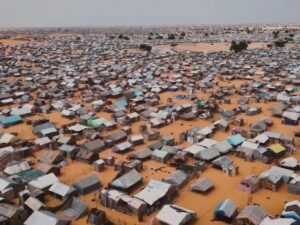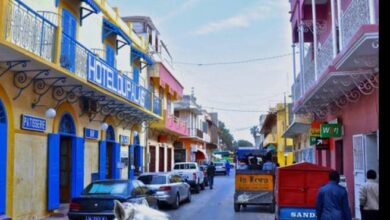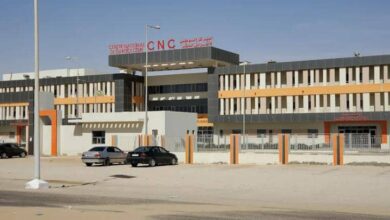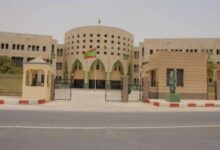The Belts of Poverty and Marginalization: When Life is Surrounded by Betrayal

The Belts of Poverty and Marginalization: When Life is Surrounded by Betrayal
By: Mohamed
Abderahman Abdallah
Journalist – Nouakchott
In the forgotten corners of our cities—where broken sidewalks intersect with worn-out destinies—poverty belts stretch like scars across the face of a nation that insists on ignoring its pain. These are not merely slums or informal settlements; they are faded mirrors reflecting our collective failures, daily reminders of flawed policies, absent justice, and the masking of reality with hollow rhetoric instead of real change.
Present in Body, Absent in Rights
The residents of “kebrat” areas and relocation neighborhoods live in a homeland that doesn’t live within them. They are physically present, but deprived of their rights. In these zones, the smell of dust mixes with the scent of sweat and betrayal. There is no proper sanitation, no clean drinking water, no decent schools, and no functioning health centers. It’s as if the state abandoned these places and left them to their fate.
A child born here does not learn letters easily—and if he does, it’s on broken chairs in tin classrooms that scorch in summer and freeze in winter. A young man graduates only to find no job. A mother falls ill and finds no medicine. These are the daily details of a life that barely qualifies as living.
Systemic Marginalization: Managing Poverty Instead of Fighting It
What’s happening in these belts isn’t a case of casual neglect—it’s a form of systemic marginalization, where poverty is managed as a tool of control rather than addressed as a crisis to be solved. The poor are summoned every five years to polling stations, then abandoned to face poverty, illness, and disappointment alone.
Officials speak of “mega projects,” yet fail to provide clean water for an entire neighborhood. Development conferences are held, while a child in a relocation area cannot reach school due to the lack of transport or streets submerged in mud.
Flashes of Resistance
And yet, life still fights back. From the womb of suffering, hope sometimes emerges. A mother teaches her children by candlelight. A young man refuses to migrate and chooses instead to struggle for an honest living. A girl challenges her environment to finish school and dreams of a better future.
These small stories are the remaining pulse of these marginalized zones. But they are not enough. We must not only tell them—we must redesign our policies based on them. We must listen to them, not just talk about them.
Justice Begins at the Margins
Mauritania will not rise from Nouakchott alone—it must rise from the kebrat, from the outskirts, from the neglected towns of the interior. Social justice is not a luxury, it is a condition for cohesion and stability. There is no development without fairness, and no fairness without genuine political will that prioritizes people over concrete.
In conclusion, it is time to break the belts of marginalization—not wrap them in seasonal speeches. Poverty, when prolonged, becomes a national curse. Letting it fester is a betrayal of the true meaning of statehood. Let us begin where others usually end: from the bottom, from the margins, from those who only ask to be seen—and for us to believe we are responsible for them.







